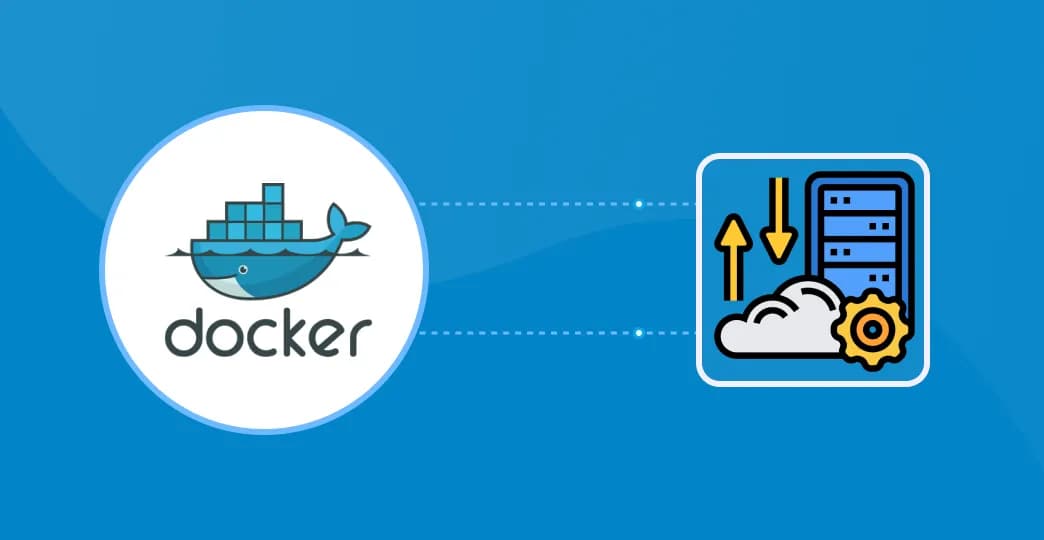Docker Essentials

Learning Objectives
Overview
This masterclass provides a comprehensive and practical introduction to Docker, a leading platform for containerization widely used across industries. Designed for learners aiming to build expertise in modern application development and deployment, the masterclass covers foundational Docker concepts, hands-on management of Docker containers and images, persistent data management with Docker volumes, and orchestrating multi-container applications using Docker Compose. Learners will explore practical scenarios, mastering Docker’s networking capabilities, debugging methods, container lifecycle management, and best practices for creating optimized Dockerfiles. By the end of the course, learners will confidently build, deploy, and manage containerized applications efficiently, ensuring reliable deployments in diverse development and production environments.
Prerequisites
- Knowledge of at least one programming language to understand application deployment scenarios.
- Basic experience with Git or similar tools for managing code repositories.
- Understanding of concepts like ports, IP addresses, and firewalls to grasp container networking.
- Comfort with using CLI for executing commands.
- Familiarity with Linux commands is a plus, as Docker often operates in Linux-based environments.